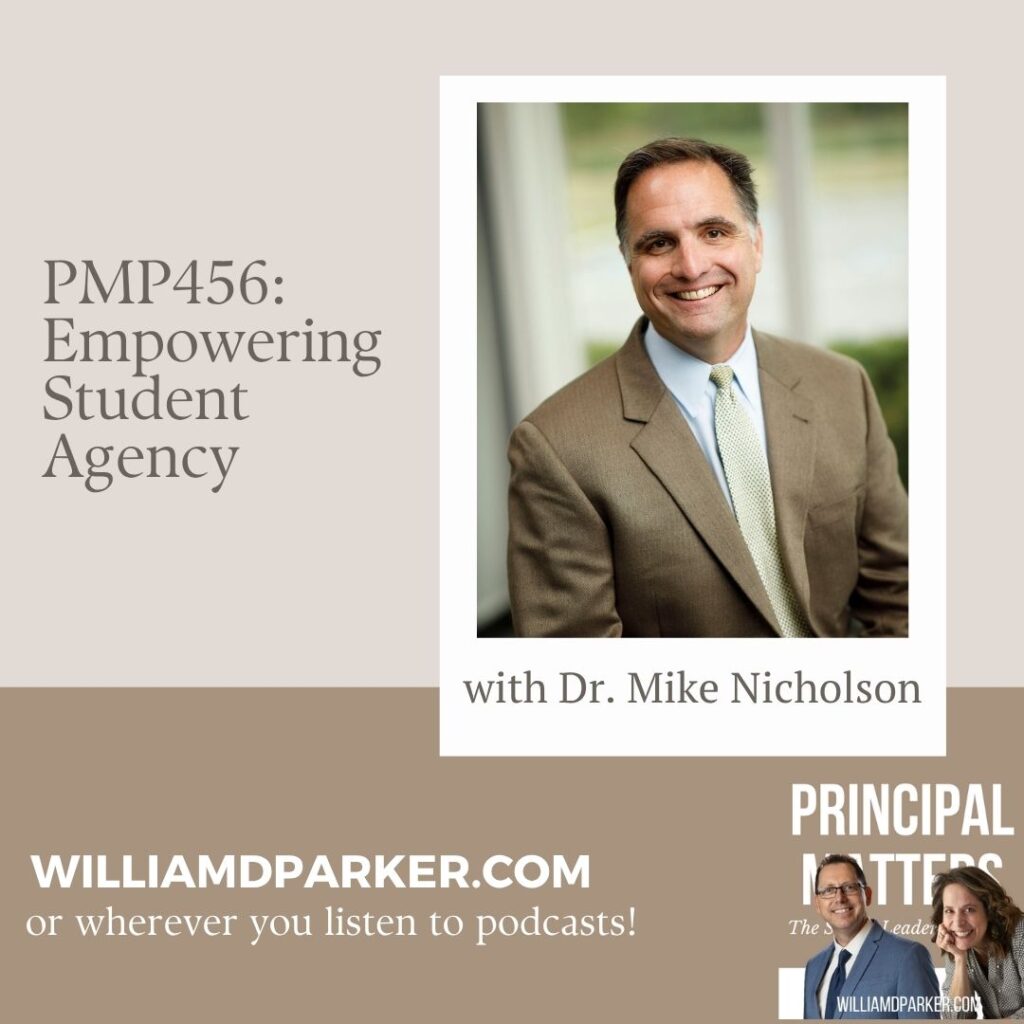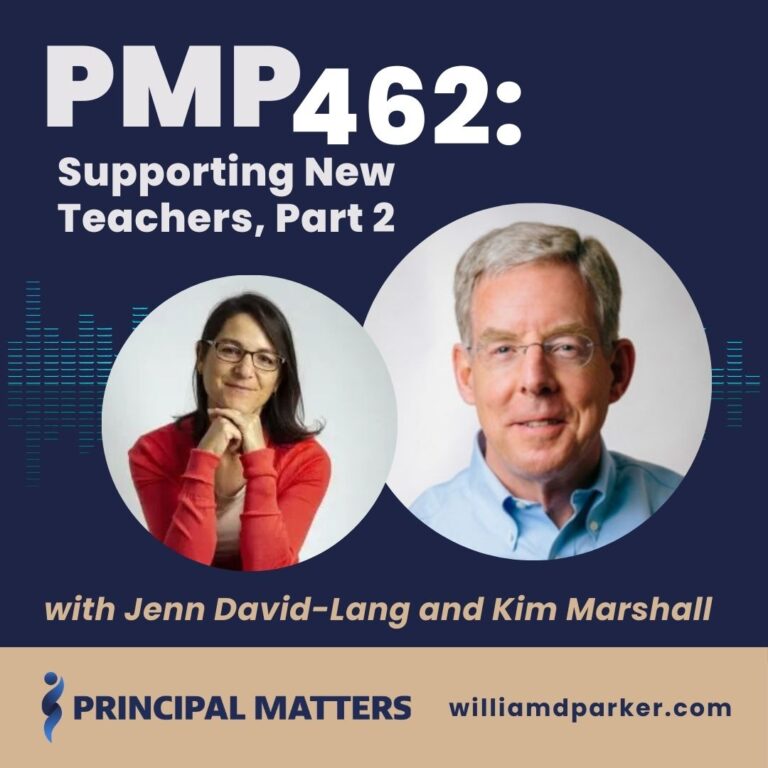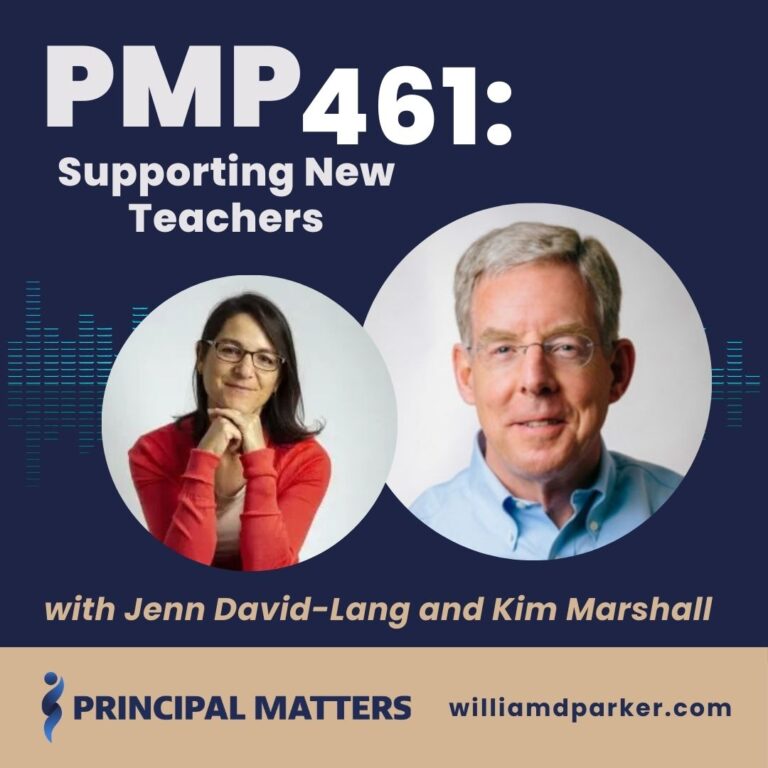Podcast: Play in new window | Download
A Quick Note to Listeners:
Before this week’s interview, Will Parker and Jen Schwanke share an update on the United Conference they will both be attending in Seattle this week. Listen in to find out what time they will be presenting and how you can connect with both of them at the conference. They would love to meet you!

Meet Dr. Mike Nicholson
As a 30-year public education professional and advocate, Mike develops and supports authentic student agency across school districts. He has studied, supported, and led student learning from various perspectives, including as a teacher, school leader, district innovator, superintendent, university researcher, and most recently, a not-for-profit consultant to school systems across the country. His expertise spans from research and evaluation to strategic planning and personalized coaching and consulting.
Mike now leads Learning InspirED, a forward-thinking education consulting agency committed to learning and supporting the development of student agency. With a focus on moving away from constraints and moving toward possibilities, he helps school districts create the best conditions for students to lead their own learning. Mike currently works with districts across the United States from Colorado to Virginia and from Florida to Vermont in this game-changing work. Outside of his career, Mike is a husband and father to three kids and a dog that he has reluctantly come to love.
What is Student Agency?:
The focus of Mike Nicholson’s work is developing and supporting student agency: a method for developing students who are confident in their autonomy and who engage in critical thinking. Dr. Nicholson recommends a theory called “Self-determination Theory” as the lens through which school leaders should view building student agency. This theory tells us that every student wants to feel confident in the ways that matter to them, and that they want to feel like they belong and are cared for. Essentially, students need to be in a psychologically safe environment to thrive. Many schools use a system of rewards and punishment as a way to control student behavior, but Mike says that rules do not create a psychologically safe environment. Ultimately, only intrinsic motivation will make kids want to stay engaged in school, and building student agency develops that skill.
Increasing Student Agency:
Students who possess the ability to self-regulate are able to shape, rather than be shaped. Unfortunately, self-regulation is a skill that schools often neglect to teach. Without self-regulation, there is no student agency. More often than not, kids leave schools not knowing their power because they have been in compliant mode for so long. One way for students to build their agency is practice making meaningful decisions, often. Another way for school leaders to increase student agency is through reviewing student handbooks. Mike shares that school leaders should examine student handbooks through two different lenses: a growth and learning lens, and a control and order lens. Each lens has 26 keywords for school leaders to look for as they review their student handbooks. By examining the student handbook through these two lenses, school leaders will be able to determine the extent to which student agency is encouraged or discouraged in their schools.
Examining Schools Through a “Student Agency” Lens:
Dr. Nicholson suggests that school leaders examine their schools by considering the following 3 c’s of student agency:
- Curriculum – Ideally, in order for students to experience agency in the classroom, they will bring their own curriculum to study. In many American schools, this just is not how curriculum works. So, teachers need to make sure they widen the path for students to explore what they want to explore within the constraints of the curriculum they are required to teach.
- Classroom Conditions – Classrooms are the “how” of learning. Mike shares that students who are taught through self-directed learning often do extremely well in school. Giving students the choice over whether or not they want to do their homework is one example of a way that teachers can utilize self-directed learning techniques in the classroom. Agency is built on decision making, so schools should try to allow students to make their own decisions as often as possible.
- Culture – As important as decision making is for student agency, the environment in which they make those decisions is equally as important. If the learning environment is not psychologically safe and punishes mistakes, students are unlikely to make risky decisions.
Wrapping Up:
As a final piece of advice, Dr. Nicholson reminds listeners that they appreciate their own autonomy, and students would appreciate the same.
If listeners would like to learn more about Mike and his work, visit learninspired.org
Also, Dr. Nicholson shared a story about Bob Goff and Homeboy Industries that inspired his work. You can find out more about them here.




